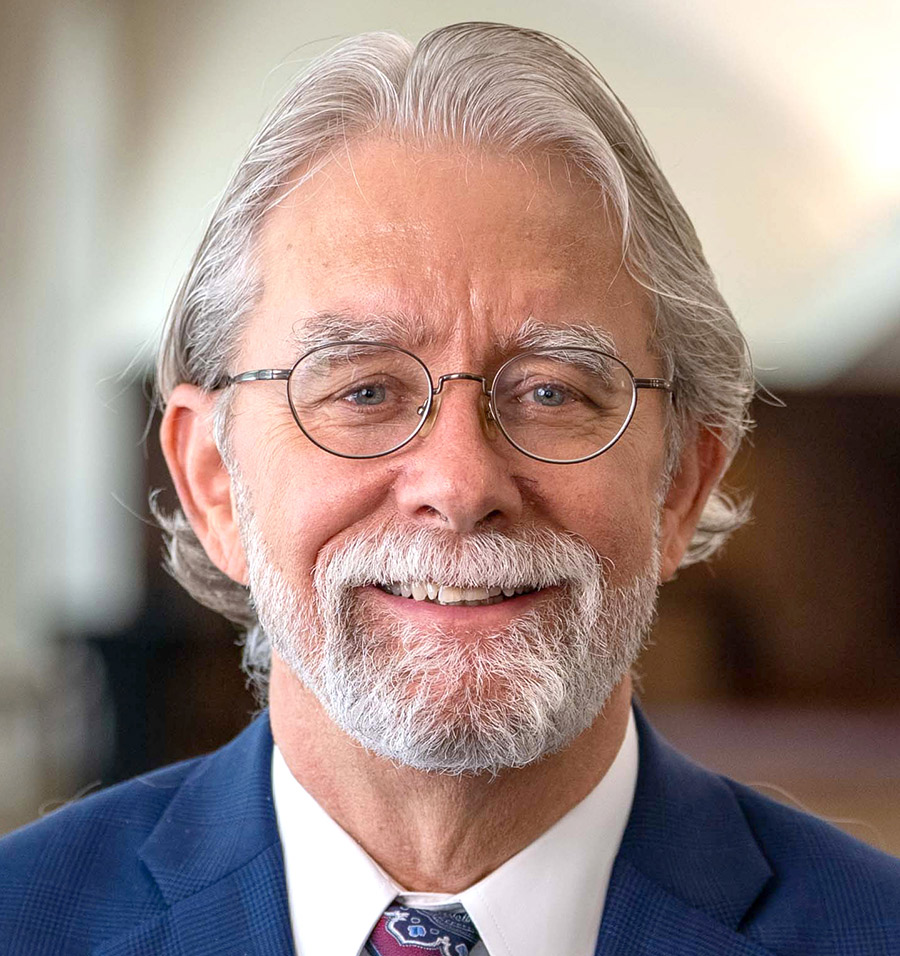
legal insights
The state pushes back on school board authority and local control
e are living in a very divisive time. When schools were shut down during the state of emergency in response to California’s COVID-19 health guidances, many parents and members of the public discovered local school board meetings and found their voices by expressing their concerns.
Objections to students missing in-person instruction were loud — increasing when some schools remained closed longer than others — and objections to students wearing masks when they returned were even louder. Had Gov. Gavin Newsom’s proposal to vaccinate students against COVID-19 once the vaccine had been approved not been taken off the table, objections at board meetings after the school year began would have been deafening.
Just two years later, we are being divided by another issue — the rights of parents versus the rights of transgender and gender nonconforming children while attending public school. This issue has a very personal, human component to it, as do many of the social issues that have played out on school campuses in our nation’s past. A parent’s overriding concern for the safety and well-being of their child while they are outside of the parent’s supervision is paramount and needs no explanation. But how that concern translates into the way their children behave at school while outside of parental control has historically in California been left up to the school to decide.
In some communities, parents and members of the public have been actively advocating changes to policies related to a student’s use of school bathrooms and other school facilities that are not aligned with their birth sex and to the changing of a student’s name and pronouns without their parent’s knowledge or consent. In response, a few school boards, with likely more to come, have adopted new parental notification policies that will impact staff and the entire student body, but which will especially impact LGBTQ students.
Please see my column exploring this subject along with CSBA’s “Recently Asked Questions: Parental and Student Rights in Relation to Transgender and Nonconforming Students” for additional information.
This summer, a school board initially decided to reuse a 2006 textbook instead of adopting elementary history-social science curriculum and instructional materials that aligned with mandated state content standards and the 2011 FAIR (Fair, Accurate, Inclusive, and Respectful) Education Act, in part because the standards require information about the LGBTQ rights movement and its leaders to be included. It was that same board that months earlier had passed a resolution banning the teaching of “Critical Race Theory and other similar frameworks” in district classrooms.
With this exercise of local control, what happens now?
Lawsuits.
To ensure students “thrive in a school environment that promotes safety, privacy, and inclusivity,” Attorney General Rob Bonta has filed a complaint for injunctive and declaratory relief in San Bernardino County Superior Court challenging a local district board’s adoption of a parental notice policy. The policy requires school employees to notify parents within three days of being asked by a student of any age to change their name or gender pronouns or of a student using facilities or participating in activities not aligned with their birth sex. In that same district, the local teachers’ union filed an unfair labor charge with the Public Employment Relations Board alleging that requiring certificated employees to notify parents of a student’s social transition was a new condition of employment that needed to be bargained. Additionally, district teachers, their union and students and their parents have filed a lawsuit in Riverside County Superior Court seeking to enjoin another school board’s decision to change its curriculum to prohibit, according to the plaintiff’s, instruction about “the existence of racism and sex discrimination in the United States.”

And let’s not forget the old saying: “For every action, there is a reaction.” In the state Legislature, that reaction took the form of proposed bills that would diminish the local authority of school boards. In response to a school board firing its superintendent right after a new board majority took office, Senate Bill 494 (Newman, D-Fullerton), signed by the Governor in October, limits local control by prohibiting governing boards from dismissing the superintendent and assistant superintendents right after an election. Assembly Bill 1078 (Jackson, D-Moreno Valley) has been enacted giving the State Superintendent of Public Instruction power to directly intervene in the local textbook adoption process or the removal of library books by school boards before they can respond to any complaint filed against the board or a school administrator. Interestingly, no legislator authored a bill to stop the parental notice policies from being adopted locally. And the one bill that would have required the three-day notice to parents of their child’s social transition, AB 1132 (Essayli, R-Riverside), did not get a committee hearing, which may have helped provide the impetus for a few local school boards to act instead.
It is not unusual for current social issues, like the rights of parents and LGBTQ students, to play out in public schools before being responded to by Congress or by state legislatures. For example, in response to the seminal Supreme Court decision in Brown v. Board of Education (347 US 483 (1954), 349 US 294 (1955)), the integration of public schools was done by courageous Black teenagers who attended all-white public schools in the mid-1950s before hotels, restaurants, lunch counters, theaters, water fountains, buses and bus stations, and police forces and fire companies were required to integrate.
Public school boards are again on the front line for many of the social issues that presently divide our nation. How effective local governing boards will be in using their local authority to respond to these issues, and whether the justices on the U.S. Supreme Court will eventually weigh in, are both open questions that only time may resolve.
Keith Bray is CSBA’s General Counsel & Chief of Staff